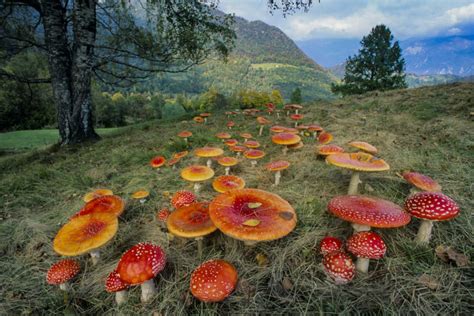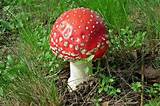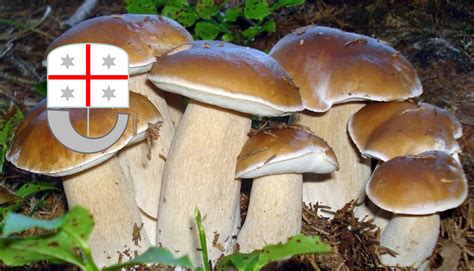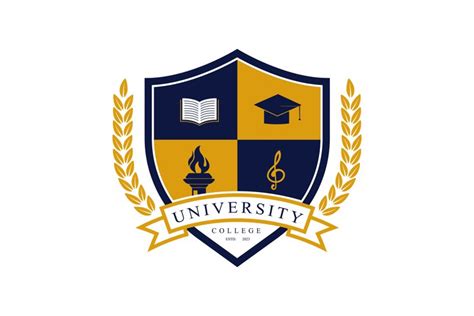
 Imperilus college
Imperilus college
Mycelium magic
Plastic and general waste
We are a multidisciplinary team of university students passionate about sustainability and innovation. Coming from backgrounds in biology, engineering, and environmental science, we joined forces to explore how fungi can
Contact
Giorgia Vicari
Nick vicari
Project Start Year
project stage
Who is this solution for
Info
Looking for

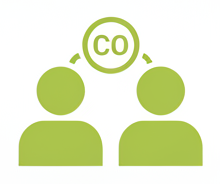
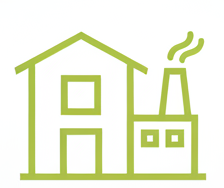


University / Program Affiliation
Imperilus collegeFaculty Advisor(s) / Supervisors
Mr Smith: Professor of ChemistryScalability ambitions
Global relevancecurrently developing in
Project Background
Our project began with a simple but urgent question: how can we reduce the massive amounts of plastic waste that are overwhelming our planet? Every year, millions of tons of plastics end up in landfills and oceans, breaking down into microplastics that enter food chains and even human bodies. Recycling alone isn’t keeping up, and many plastics are still considered “non-recyclable.” That’s when we started exploring biological alternatives and stumbled across research showing that certain fungi have the ability to metabolize synthetic polymers.
Inspired by these studies, we set out to design a project where fungi aren’t just curiosities in a lab, but potential game-changers in waste management. As a student team from different scientific backgrounds—biology, environmental science, and engineering—we wanted to combine our skills to see how fungi could be optimized to digest common plastics like PET and polyurethane.
We imagine a future where fungal bioreactors could sit alongside recycling plants, turning difficult plastic waste into harmless by-products or even into useful biomass. While the project is still in its early stages, our background research suggests that fungi could play a vital role in shifting us toward a more circular and sustainable economy.
Project Status and Key Milestones
At this stage, our project is still in the research and early prototyping phase, but we’ve already achieved some important milestones. In the first semester, we conducted an extensive literature review to understand which fungal species have been documented as capable of breaking down plastics, focusing particularly on Aspergillus, Fusarium, and certain strains of Pestalotiopsis. From there, we designed small-scale lab experiments to test different growth conditions, including temperature, humidity, and nutrient availability, to see how they influence degradation rates.
Our second milestone was successfully observing visible changes in plastic samples after fungal exposure, confirming that our chosen strains were interacting with the material. Although degradation is still slow and partial, this result gave us proof of concept. The next step is to analyze the by-products to ensure they are non-toxic and potentially usable as biomass.
Looking forward, our upcoming milestones include: (1) optimizing conditions to increase degradation efficiency, (2) testing different plastic types, especially PET and polyurethane, (3) developing a prototype bioreactor design for lab-scale trials, and (4) presenting our findings at a sustainability and innovation fair at the end of the academic year. These steps will position us for larger-scale testing in the future.
What is your Vision for the Future?
When we think about the future, we don’t just see fungi breaking down a few plastic samples in a lab—we imagine a whole new system of waste management that integrates biology into everyday life. Our vision is to see fungal-based plastic degradation scaled up into industrial processes, where bioreactors powered by carefully selected and engineered fungi can treat tons of plastic waste every year. Instead of plastics persisting for centuries, they could be safely transformed within weeks into non-toxic by-products, like organic matter that could be used for soil enrichment or even as a source for bio-based materials.
We also see potential for these fungi to be embedded in smaller, decentralized systems. For example, community-level recycling hubs, or even smart composting units at schools and offices, where everyday plastic waste can be digested on-site. Long term, our vision is that “plastic pollution” becomes an outdated term—future generations might study it in textbooks, but won’t have to live with it.
Ultimately, our dream is to contribute to a circular economy where waste is no longer an environmental threat but a resource that can be transformed. Fungi, in our view, could be key allies in restoring ecological balance.
About the Team
Ask about Mycelium magic
Hi there! I’m here to help you quickly understand what this green solution is about — without needing to read the full page.
You can ask me things like:
- What problem does it solve?
- How does it help the environment?
- What makes it different?
Let’s explore together!
You can try asking:
Oops, it seems like you're not a member.
Sign up! It's free. You'll be able to read all the articles you like, download PDFs, and get in contact with the respective owners.
Have an account already? Sign in here
